Rarely does The Queen become involved in disputes over land or titles – but it seems this occasion needed the guiding hand of Her Majesty.
The Queen has reportedly signed a letter asking the Privy Council’s Judicial Committee to resolve the disputed title: the baronetcy of Pringle of Stichill.
Two branches of the family have staked their claim to the title since, spending a fortune on the legal battle since 2013. Now, they have taken it to the highest court of appeals in the UK and Commonwealth.
Under the Judicial Committee Act 1833, it is now the job of the Barontecy Committee (within the Judicial Committee) to determine the rightful heir to the title, which dates back to 1683.
Charles II granted the Baronetcy of Stichill to Robert Pringle of Stichill “ac heredibus masculis de suo corpore” – meaning his male heirs from his body. Norman Murray Pringle, grandson of the 8th Baronet through his second son, is claiming his grandfather was not the biological father of the 9th Baronet, Norman Hamilton Pringle.
The applicant for the claim, Norman Murray Pringle, a 74-year-old accountant from High Wycombe, is basing his claim on DNA analysis: a sample of DNA from the 10th Baronet did not match that of the Pringle lineage.
The Queen’s letter, as reported by The Mail on Sunday, is asking judges to rule on whether DNA evidence can legally be used to settle the issue. If accepted by the Committee, this means the title should have been given to the second son, and would currently be with the applicant, and not the incumbent. Since a Baronetcy is a hereditary title, lineage is important.
The calling upon this committee is rare: the last case dealt with by a baronetcy committee of the Privy Council was in 1927.
If the issue is settled with DNA evidence, it will no doubt cause a ripple effect in the aristocracy for pretenders and similar claims. It would set precedent for resolving cases this way, and likely see the changing of titles within families.
Charles Kidd, editor of Debrett’s Peerage and Baronetage, told the Mail on Sunday: “I think it’s inevitable that DNA will become a factor in these sorts of disputes.”
One peer has already warned that the case could open ‘a can of worms’.
The case will be heard in November.


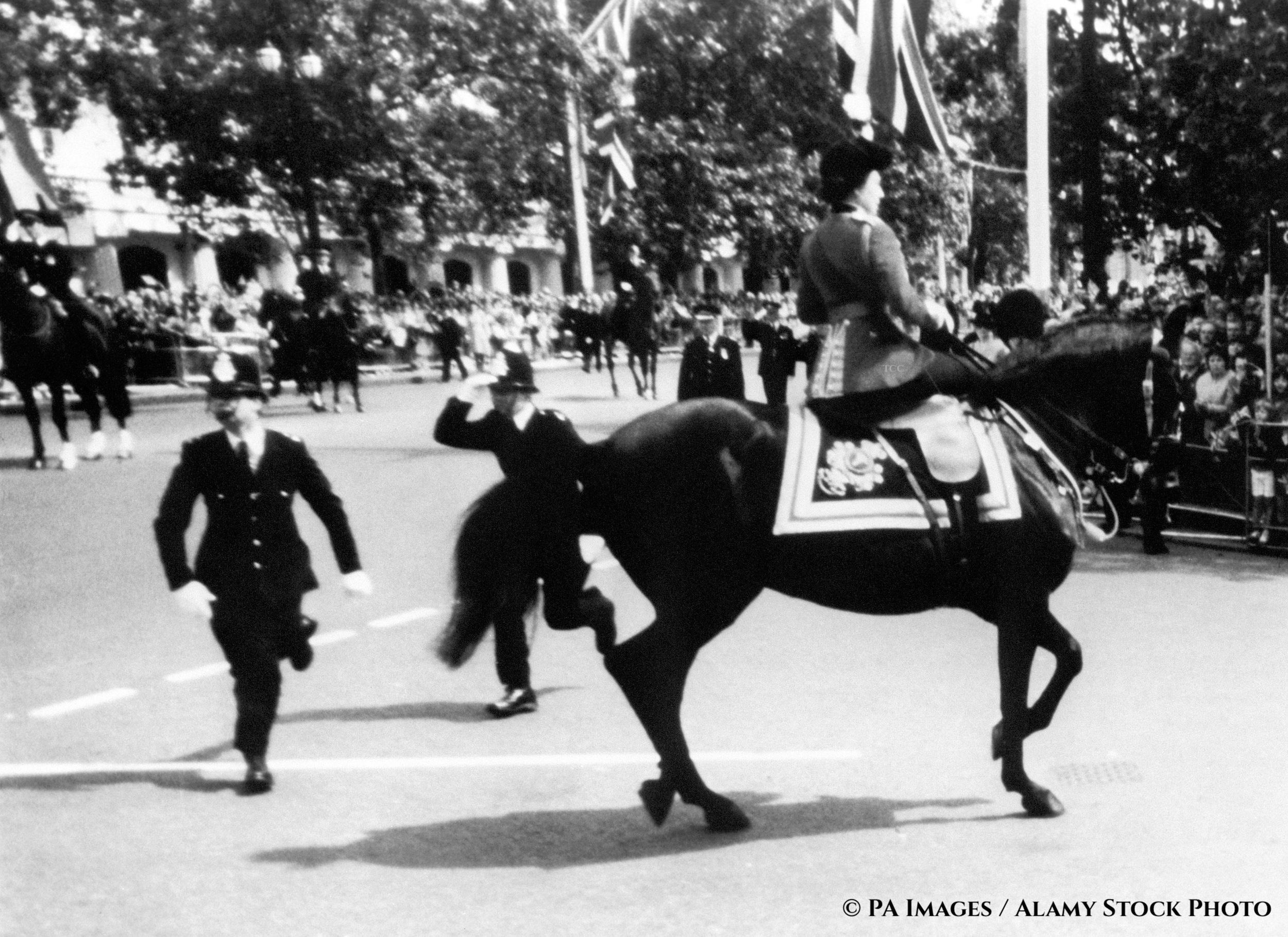
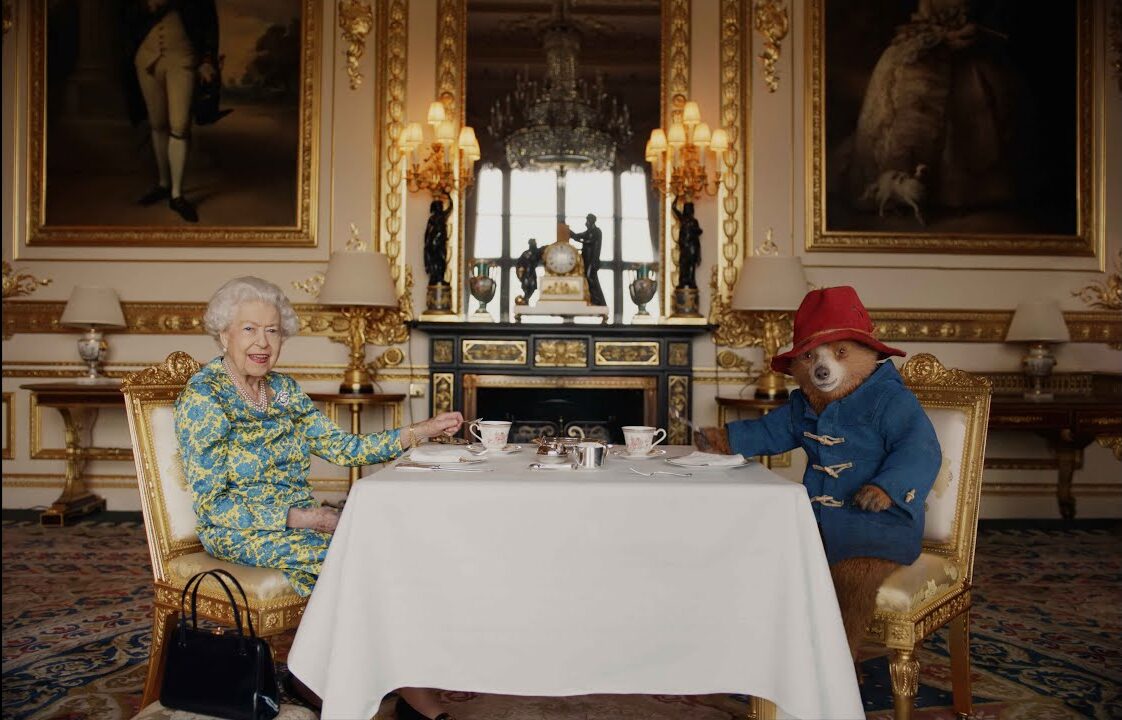
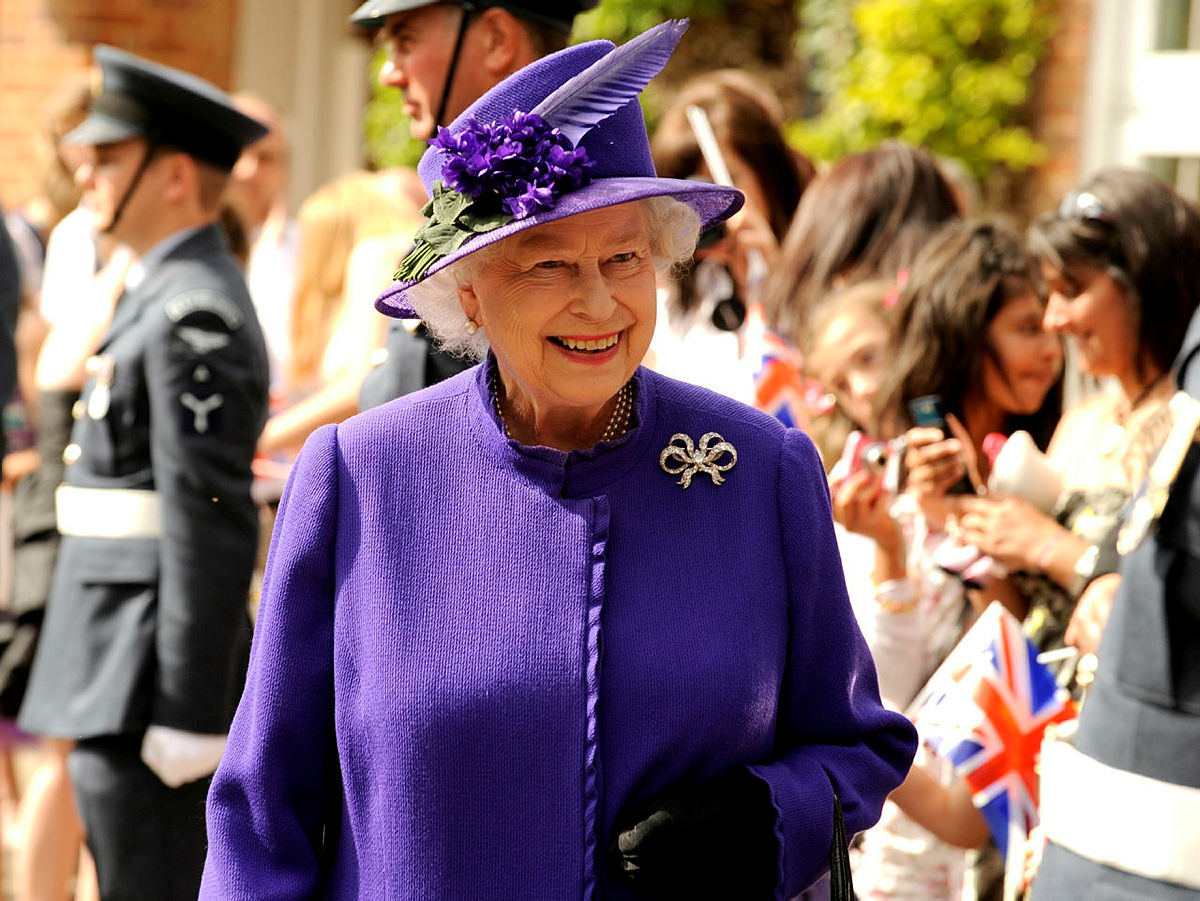
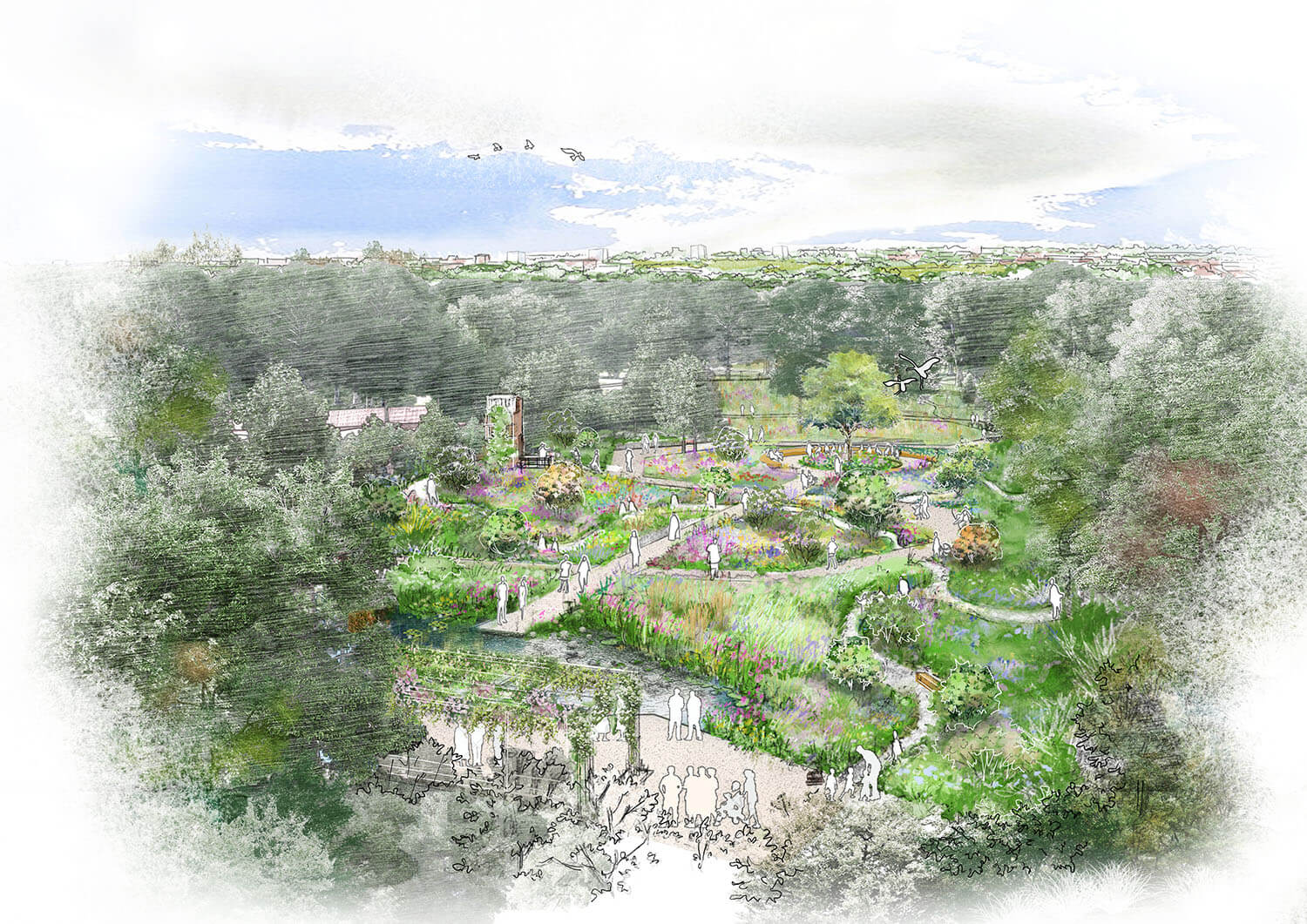
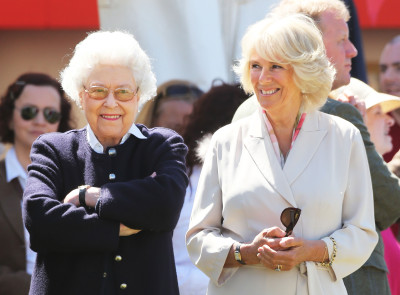
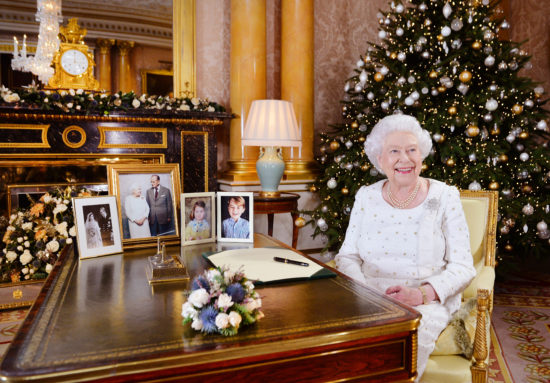
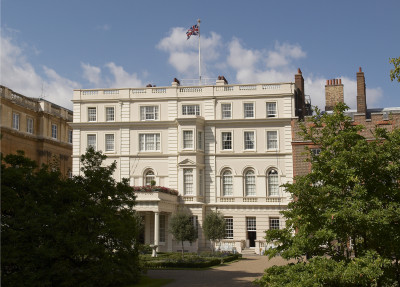
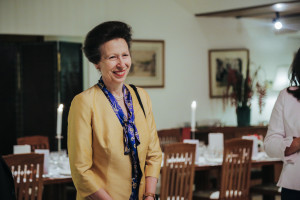
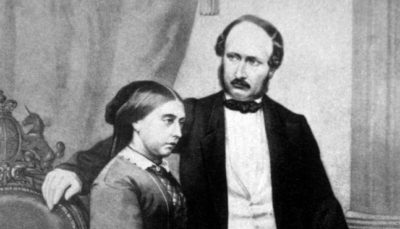
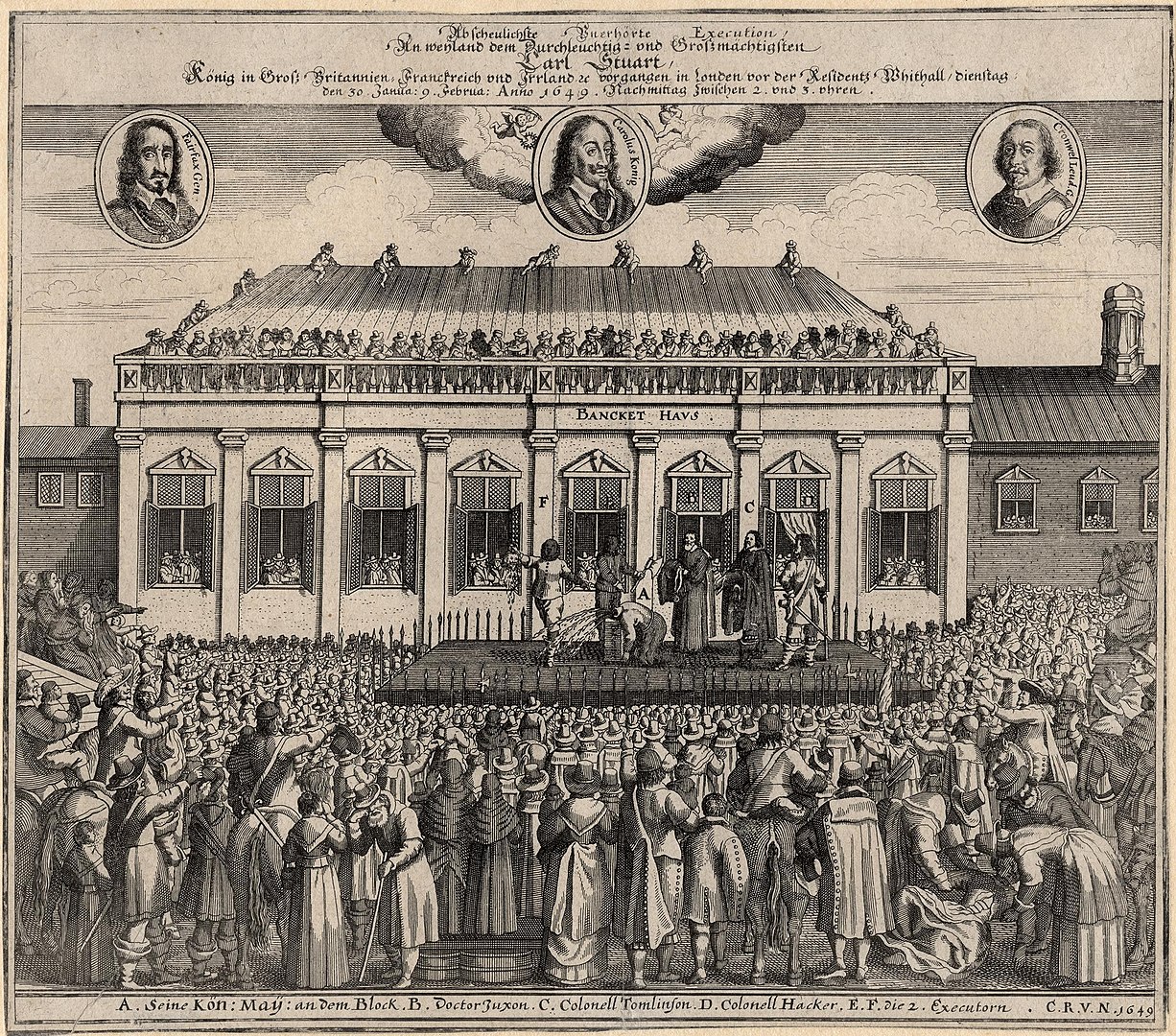
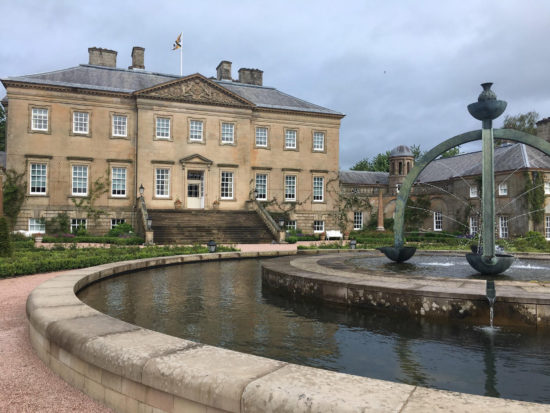
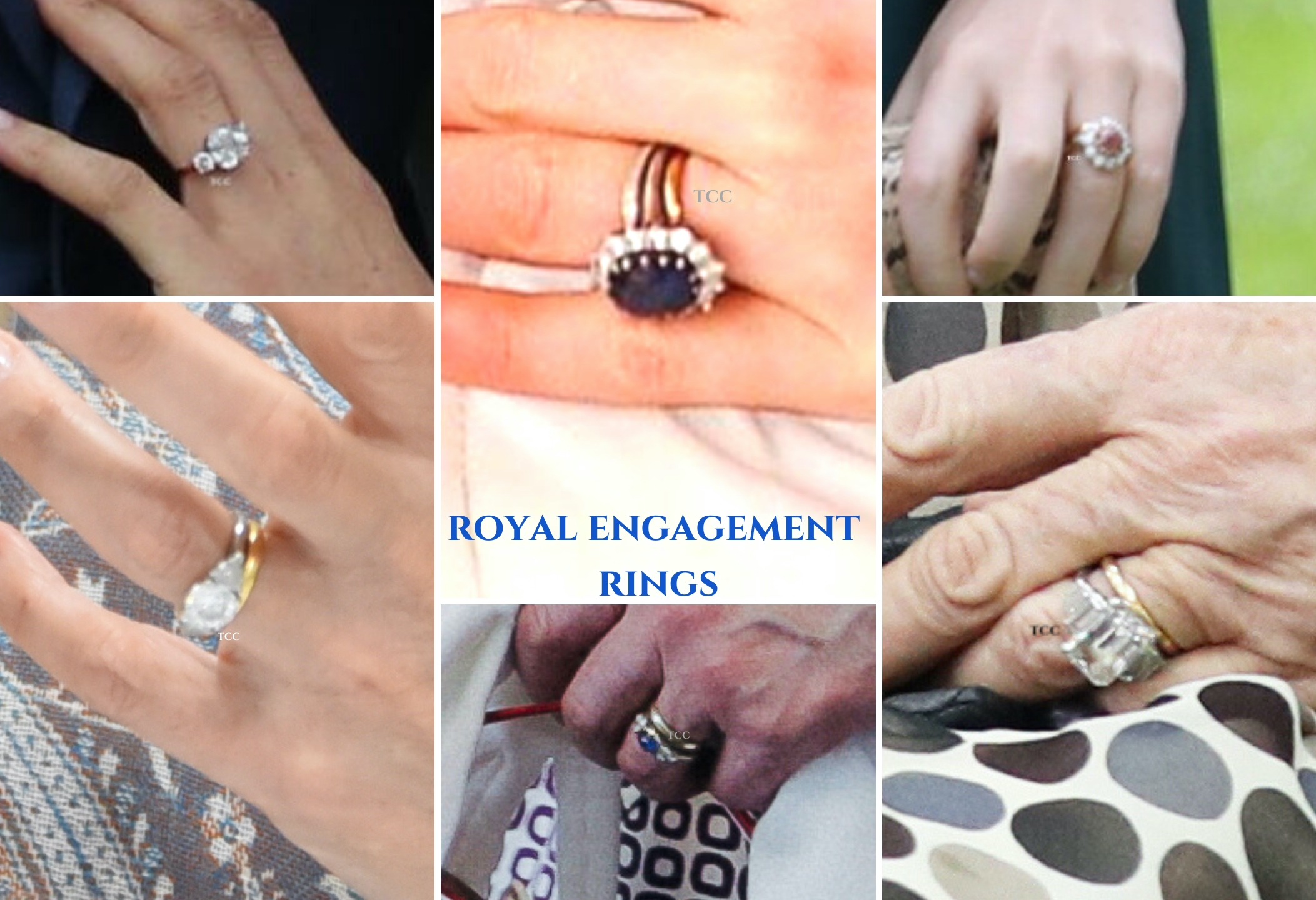
1 comment
Okay I know this could open a can of worms but let the DNA do the talking here